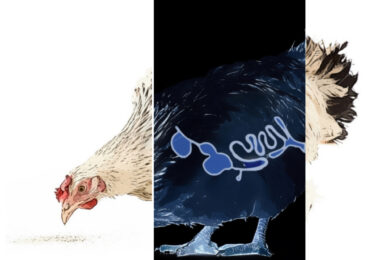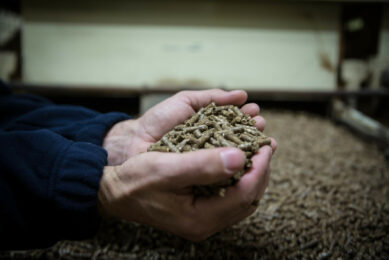An orange a day keeps bacteria away
An American research project is investigating the effect of feeding orange peel and pulp to cattle to reduce E. coli and salmonella infections.
Orange peel and orange pulp are by-product feeds that are included in cattle rations in regions of the US where citrus fruits are grown and processed.
Citrus by-products often are fed to animals because of their high nutritive value, palatability and low cost and these contain essential oils (e.g., limonene) that are natural antimicrobials.
The antimicrobial activity of citrus oil and other citrus-derived products have been previously reported.
Escherichia coli O157:H7 and Salmonella spp. are human food borne pathogenic bacteria that can be carried in the gastrointestinal tract of cattle.
Therefore, an in vitro study was carried out to determine if citrus products in a cattle ration exert antimicrobial effects on E. coli O157:H7 and Salmonella typhimurium populations.
Citrus products decrease growth of E. coli O157:H7 and Salmonella typhimurium in pure culture and in fermentation with mixed ruminal microorganism in vitro.
The obtained results indicate that citrus products included in ruminant rations decreased ruminal populations of E. coli O157:H7 and Salmonella typhimurium without causing a significant change in fermentation endproducts.
Based on these data, it appears that orange pulp provides an antipathogenic activity in a vehicle that is amenable to current production practices, is palatable to the consumer as a "green" solution, is economically feasible, and is available to the producer currently.
The results indicate that orange pulp and/or peel included in ruminant rations could decrease ruminal populations of food-borne pathogenic bacteria.
Further research is needed to determine if the antimicrobial activity of orange products against E. coli O157:H7 or Salmonella typhimurium continues in the lower gastrointestinal tract.
More info can be obtained from Agriculture Research Service











